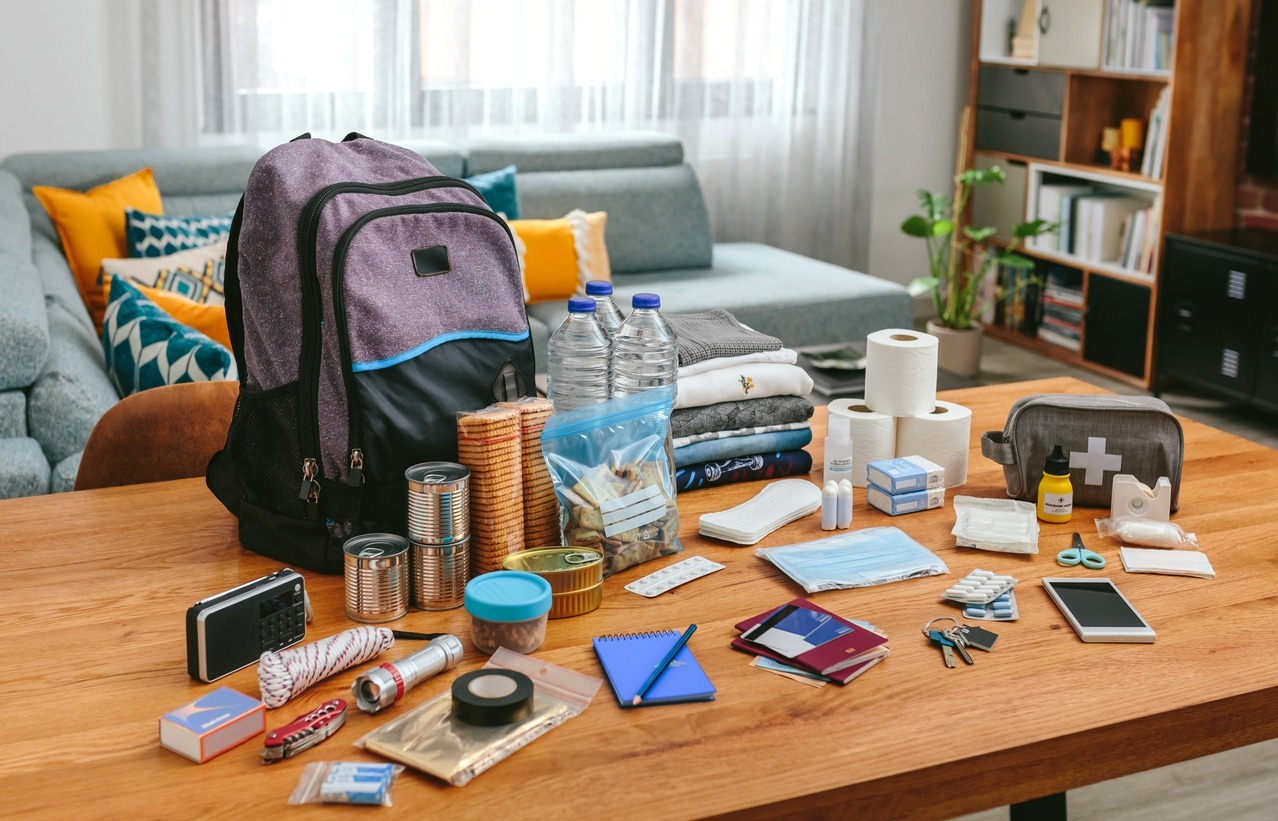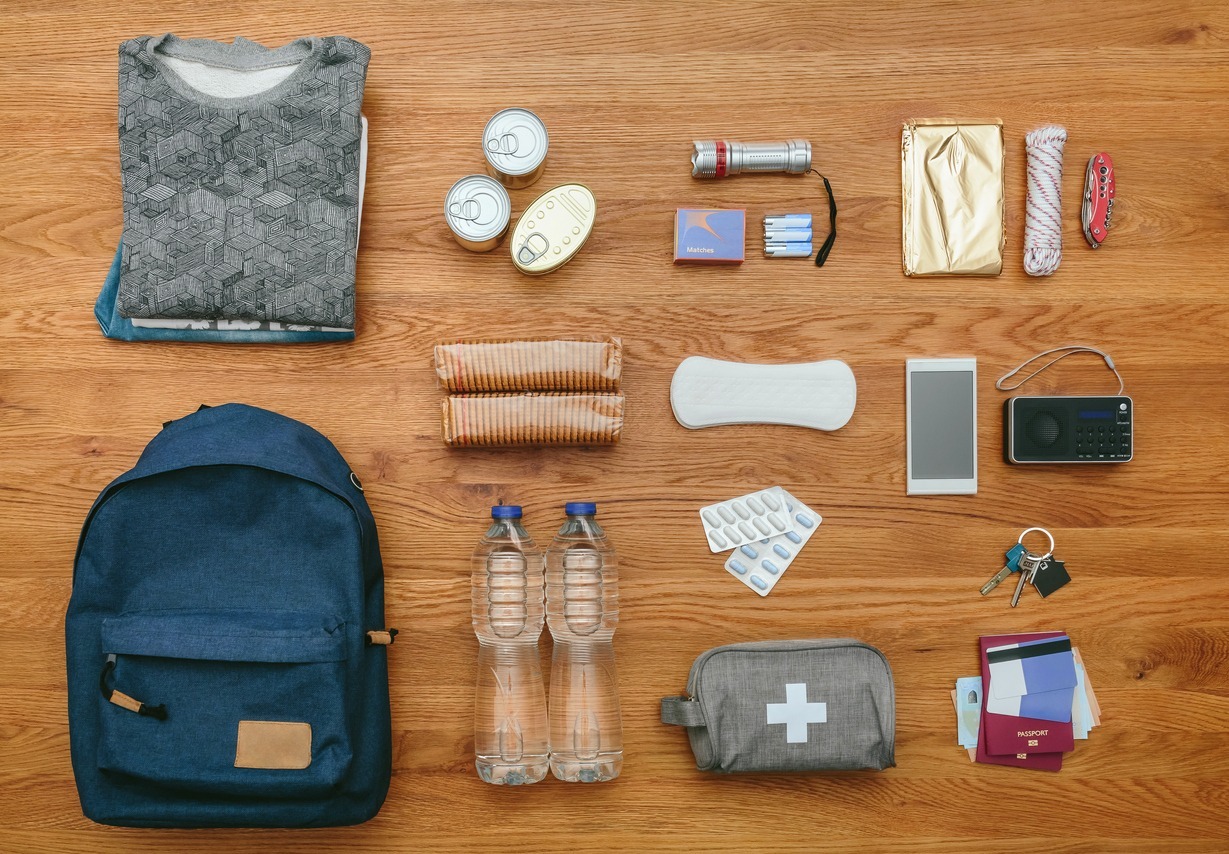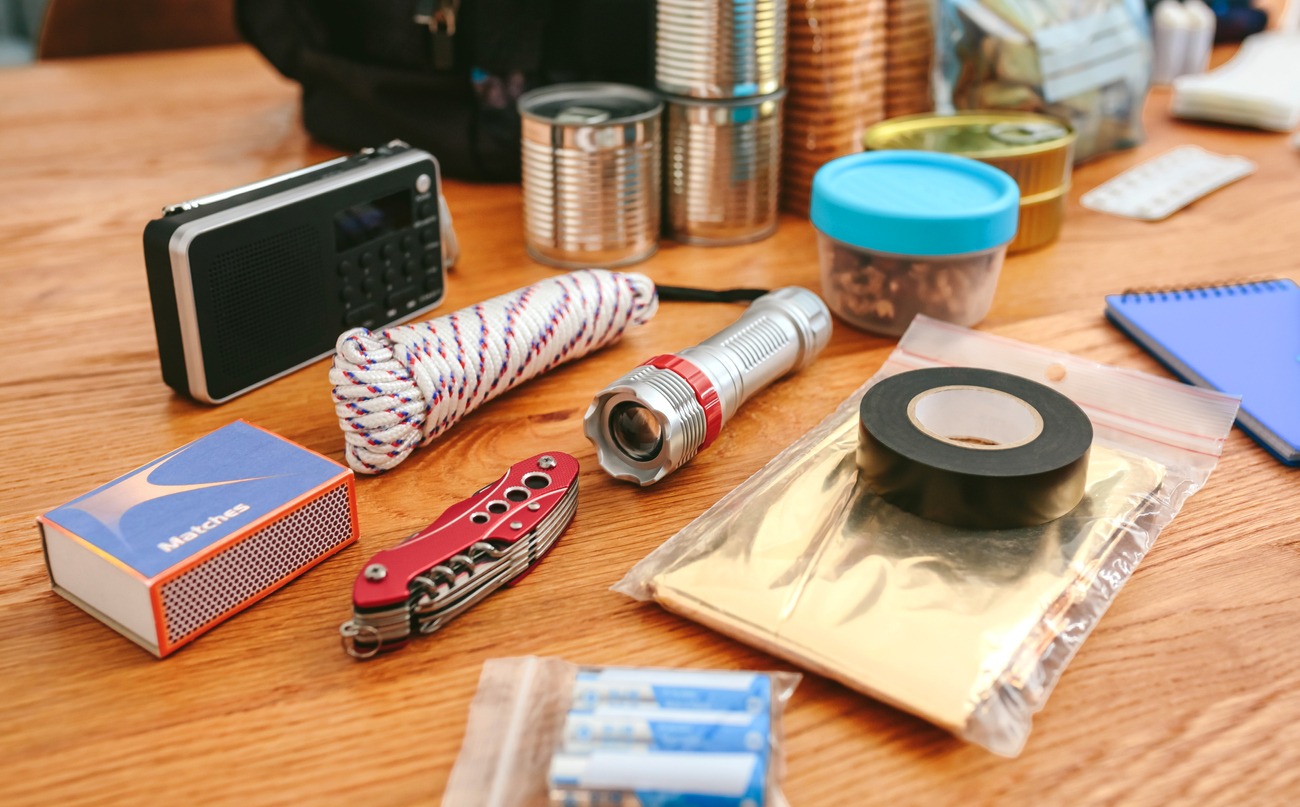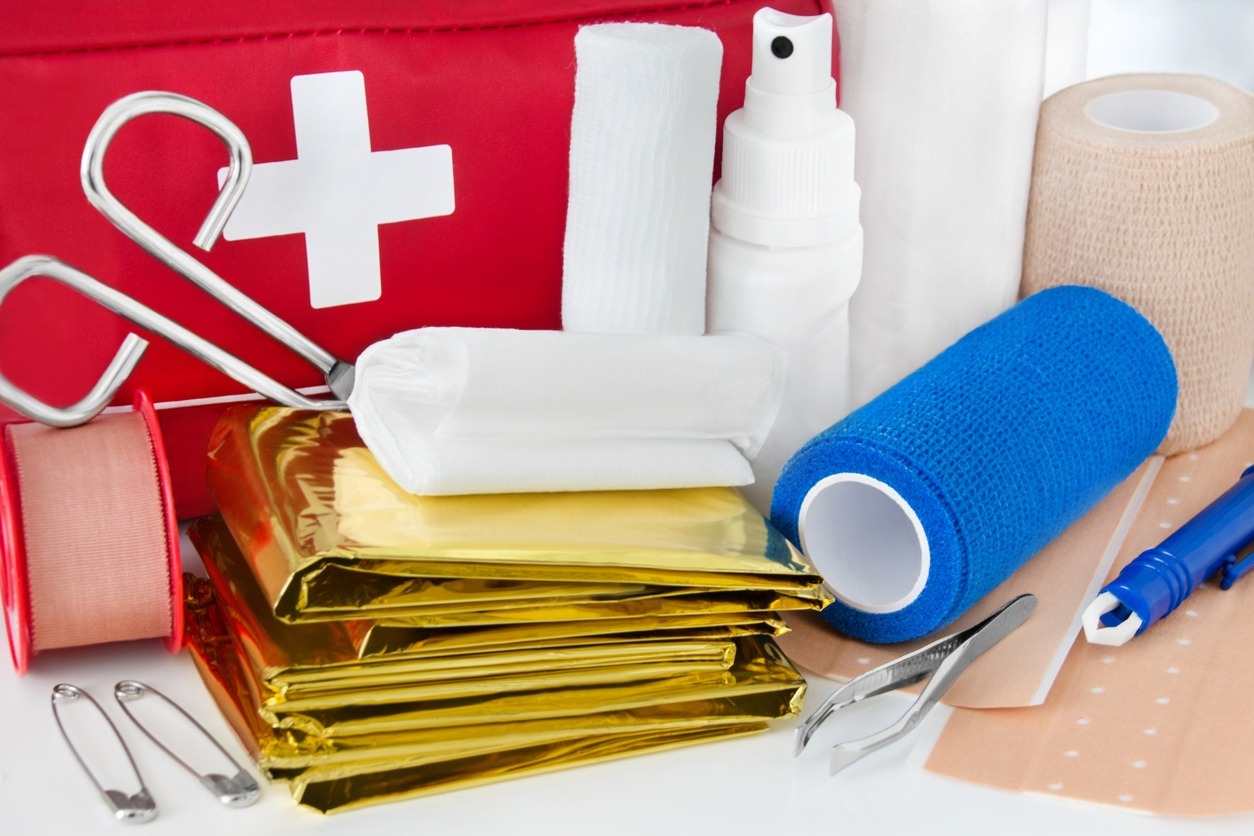Before you find yourself in a worst-case scenario, you have to think about some items that are valuable enough that you cannot leave them for granted.
When SHTF dawns on you, you have to be smart enough to check and recheck certain items that are crucial for you to get through whatever emergency or situation you find yourself in. These valuable things also include SHTF barter items that you can trade-off for you to emerge alive in the middle of a challenging environment.
These essential items are categorized into four: food, water, shelter, and fire. Other priority items include those SHTF barter items you can use for land navigation, first aid, self-defense, and warning signal devices.
If you manage to keep these things, you will be assured that you will come out intact during SHTF episodes of your life in this modern world.
“One of the other priorities in prepping is redundancy. You never want to have to rely one just one item for fire, or just one item for purifying water. You want several layers of protection to ensure that your needs are covered,” said survival expert and author Chris Byrne.
You also have to take into consideration the convenience in bringing these items. As much as possible, these SHTF barter items should be lightweight, inexpensive, and small.
Another survival tactician and writer Nick O’Low warned that in an actual survival situation you have to bear in mind that “money basically loses its value (because the most important of the items it can theoretically buy become so valuable), so bartering is much more use.”
“Even so, there are some easily stockpiled, easily carried supplies, many of which can be split down into small quantities, which are worth special consideration in your plans,” he said.
Since bartering is about exchanging commodities or items instead of using money to acquire them, O’Low reminded on the three things to consider on how to manage your SHTF barter items.
The three things to consider are demand and supply in a survival scenario, demand and supply now (in a safe environment), and how easily the values of different barter items (those you have and those of your trading partner) can be compared.
“You need to prepare to barter things which will be useful to many people, and crucially can be subdivided many times into small denominations,” O’ Low warned.
When you fail to prepare or possess these SHTF barter items, there is also another way for you to make it through the storm of your life.
“The first rule of thumb is to acquire skills that can be bartered for goods. That is the smart thing to do regardless of your financial situation,” according to Survival Life.
Beyond that, there are several low-cost items that you can accumulate over time, even if you are poor, it added.
To be more prepared when SHTF also requires you to have foresight and lots of common sense.
You need to stockpile the necessary supplies and your SHTF barter items. This is the heart of the matter. Many of people only think about stockpiling when they already see themselves in a crisis or emergency, like during calamities, war, sudden economic fallout, natural disasters, or even apocalyptic-scale situations.
Stockpiling food and other necessary items can guarantee you some comfortable moments, although it may not assure you of the security from death during SHTF situation.
In a pre-disaster situation, you need to apply your common sense by listening to the experts and even your own gut feeling that you need to stockpile some items, either for personal or barter, when SHTF.
As a word of caution, never think that all people around you will be lawful, kind, cooperative, fair, and caring when SFTH. Any person will always think of himself first before reaching out to others to offer any form of help when SHTF.
During a post-disaster situation, when the rule of law will be (temporarily) absent, any person is automatically in a survival mode.
And in desperation, he will only think of himself, his family, or his immediate circle. And yes, they can be rude, brutal, and capable of harming others when SHTF.
Thus, you have to be cautious. Never barter at your home. You have to trade your SHTF barter items on neutral ground and never go alone.
Finally, never reveal everything that you’ve got by not bringing too much of what you have.
“Watch out (be prepared) for ambush. When in doubt, get out,” experts at Modern Survival advised.
Some low-cost SHTF barter items to prepare when SHTF
Interestingly, a dedicated reader-turned-survival guide expert Elaine K. prosed on some poor man’s barter items that everyone will need when SHTF. Here are the necessary things for you to survive:
- Adhesives
- Playing cards
- Backpacks
- Hair pins
- Wooden, strike anywhere matches
- Old newspapers
- Wax for fire-starting
- Batteries
- Cigarettes
- Tobacco
- Cigarette lighters
- Tobacco seeds
- Elastic-material
- Dry beans
- Rice
- Noodles
- Flour
- Spices (sage, cinnamon, cloves, parsley etc.)
- Coffee
- Cooking Oil
- Feminine products
- Bars of soap
- Toilet paper
- Clothing
- Can openers
- Tarps
- Baby hygiene products
- Solar lights
- Silver
- Diesel fuel
- Duct Tape
- Flashlights
- Shoes
- Blankets
- Hunting gear
- Bug spray
- Contraceptives
- Trapping gear
- Maps
- Kitchen equipment (pots, pans, etc.)
- Charcoal
- Eyeglass repair kits
- Writing supplies
- Fishing gear
- Propane canisters
- Solar PV panels
- Ziploc bags
- Flour mill
- Paraffin oil (for lamps)
- Large cotton balls with soaked in petroleum jelly
- Needles
- Straight pins
- Safety pins
- Spirits (brandy, beer, wine, whisky, vodka)
- Coloring books
- Crayons
- Scrap paper
- Pencils
- Copy paper
- Lined notebook paper
- Tooth paste
- Toothbrushes
- Dental floss
- Combs
- Coffee filters
- Pepper
- Sugar
- Nail clippers
- Nail files
- Washing/laundry soda
- Borax
- Candles
- Garden tools
- Fly swatters
- Oxyclean
- Rat and mouse poison
- Rodent traps
- Scissors
- Canned food (any type of canned food)
- Buttons
- Thread
- Garden fertilizer
- Plastic tubs and containers
- Petroleum jelly (Vaseline)
- Salt
- Plastic sheeting
- Socks (all sizes and colors)
- Shoe laces
- Garbage bags
- Brooms
- Dust pans
- Clothes pins
- Garden compost
- Cocoa
- Baking Soda
- Hair brushes
- Disposable razors
- Hard candy
- Popcorn
- Kool-aid
- Aspirin, Ibuprofen, and Tylenol
- Essential oils
- Cough syrup
- Aluminum foil
- Clothes lines
- Garbage cans
- Dryer Lint (for firestarter)
- Band aids
- Laxatives
- Lip balm or chapstick
- Axes
- Nails, nuts, bolts, and screws
- Heirloom garden seeds
- Fresh garden products and herbs
- Herb plants
- Hand garden tools
- Rope of any type
- Two cycle oil
- Automotive oil and air filters
- Paperback books
- Honey
- Eye drops
- Mask
- Sunglasses
- Empty bottles



